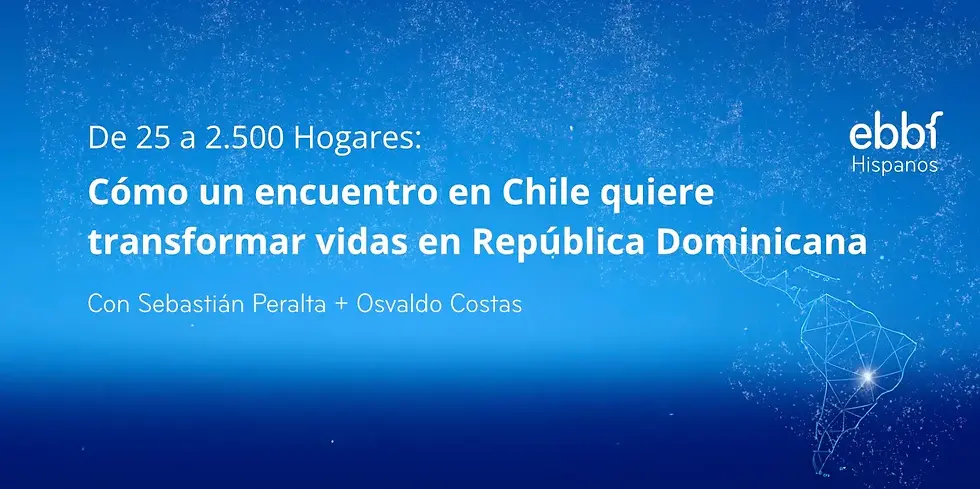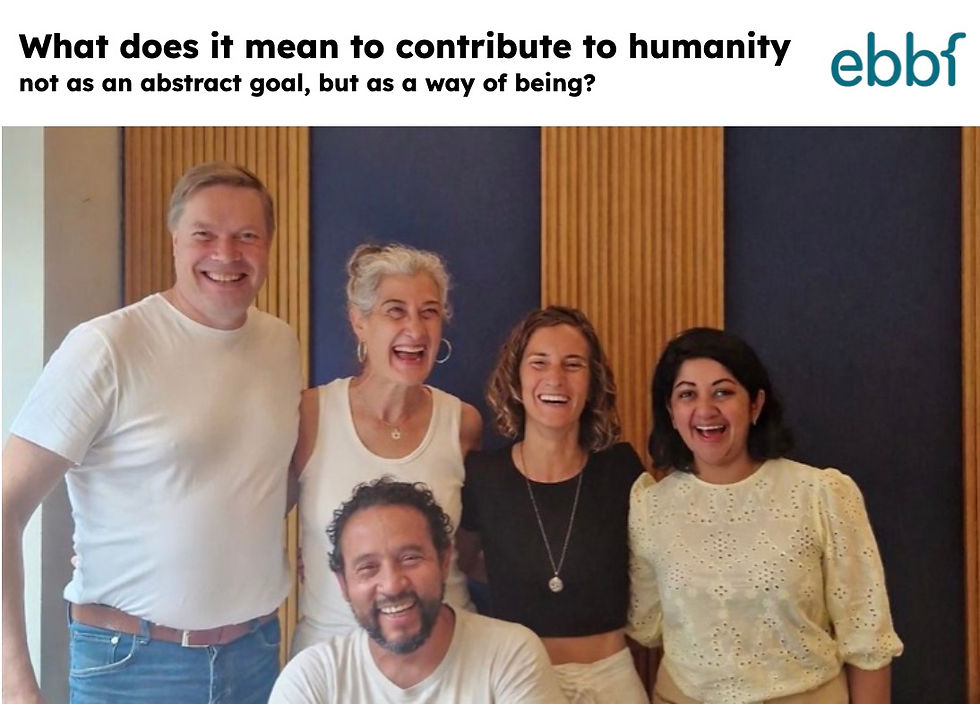Reporting on the IPCC Synthesis Report on Climate Change
- Dec 15, 2014
- 2 min read
I have followed the work of the IPCC for many years and participated in one of their earlier meetings as part of my responsibilities for the UN System-wide Earthwatch. I helped to create and oversee the Global Climate Observing System and the Integrated Global Observing Strategy Partnership with all the space agencies and international research programmes, and have collaborated with a number of the scientists involved in the IPCC at various times. I have great admiration for the scientific processes behind the IPCC, and full confidence in its results, acknowledging that it always errs on the conservative side to avoid any criticism. The meeting I attended in Bern immediately after the report was finalized was organized by the Swiss researchers who led one of the main IPCC working groups.
The purpose of the IPCC is to provide the latest science on climate change as a support to government decision making. It presents the facts as science understands them, including their implications for the planet and for society, but does not make recommendations. The Synthesis Report summarizes everything they have learned in the last four years and already presented in detail in three working group reports. It was timed to provide the scientific basis for the negotiations under the UN Framework Convention on Climate Change meeting these last two weeks in Lima, Peru, and which are to lead to a new agreement to control climate change to be finalized in Paris at the end of 2015.
The report is very clear that the world must reduce the use of fossil fuels very rapidly and phase them out completely before 2100. This means stopping all new development of fossil fuels (oil, coal, gas) and leaving 80% of existing reserves in the ground. All energy investment should shift rapidly to renewable sources of energy, and energy efficiency. Obviously this goes against some of the short-term interests of the fossil fuel industry, the transport industry, the petrochemical industry, the military, industrial agriculture, and all nations whose economy depends on fossil fuels. It is hard to imagine a more powerful combination of vested interests in direct confrontation with what the science is saying, and the present generation in direct confrontation with the interests of future generations, including today’s youth. It also requires the end of the consumer society as we know it, and a reorientation towards social, cultural, scientific and even spiritual wealth. This is not just an issue of saving the environment, but an ethical challenge of saving humanity from enormous trauma and suffering.
We can already start to change our own lifestyles and consumption patterns, and to innovate new forms of enterprise and new concepts of the economy, but we also need to push our leaders to take the courageous but unpopular decisions that are needed, even when they are not in our own immediate self-interest. Fortunately recent studies by leading economists (http://newclimateeconomy.report/misc/downloads/) show that the transition to renewable energies is better for the economy, will create employment, and will drastically reduce environmental pollution. We have everything to gain and nothing to lose as a society, but of course there will be winners and losers, and the losers are some of the richest and most powerful groups on the planet.







Comments